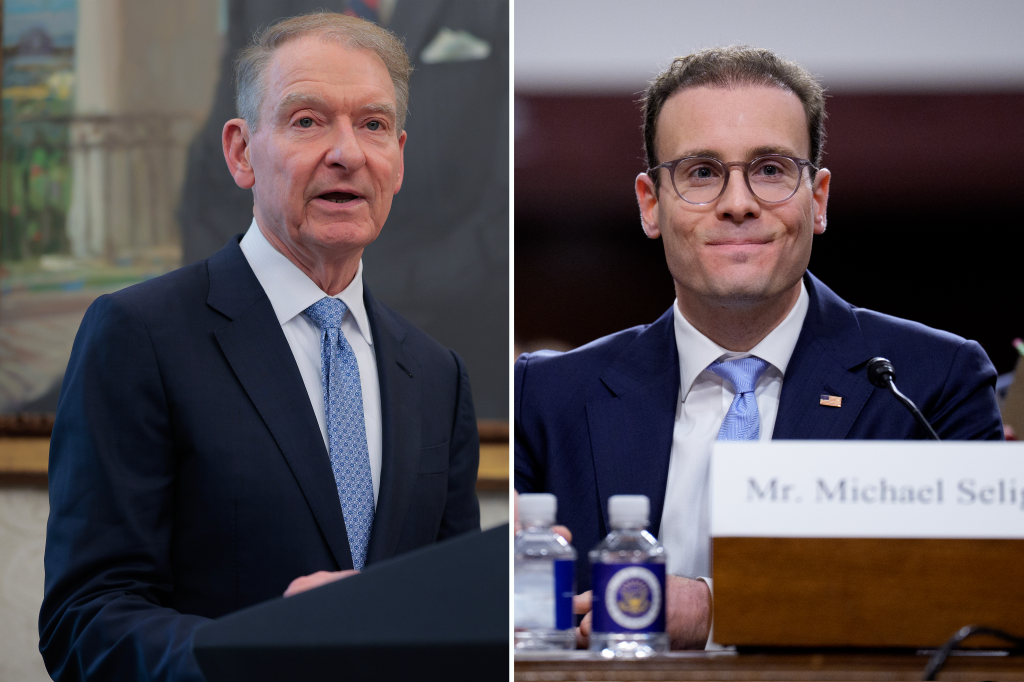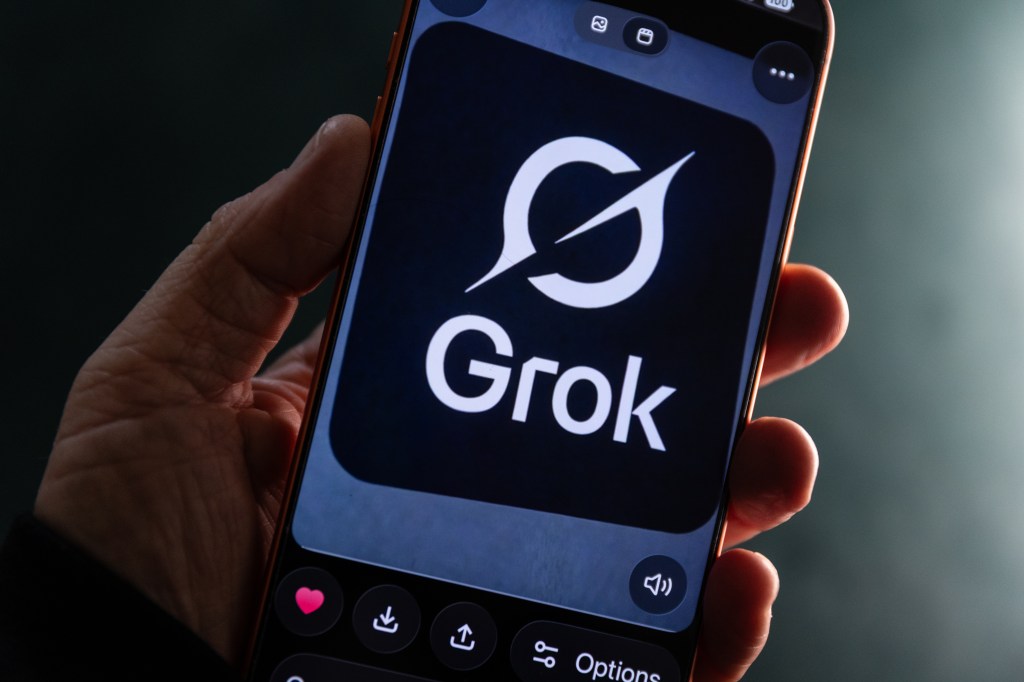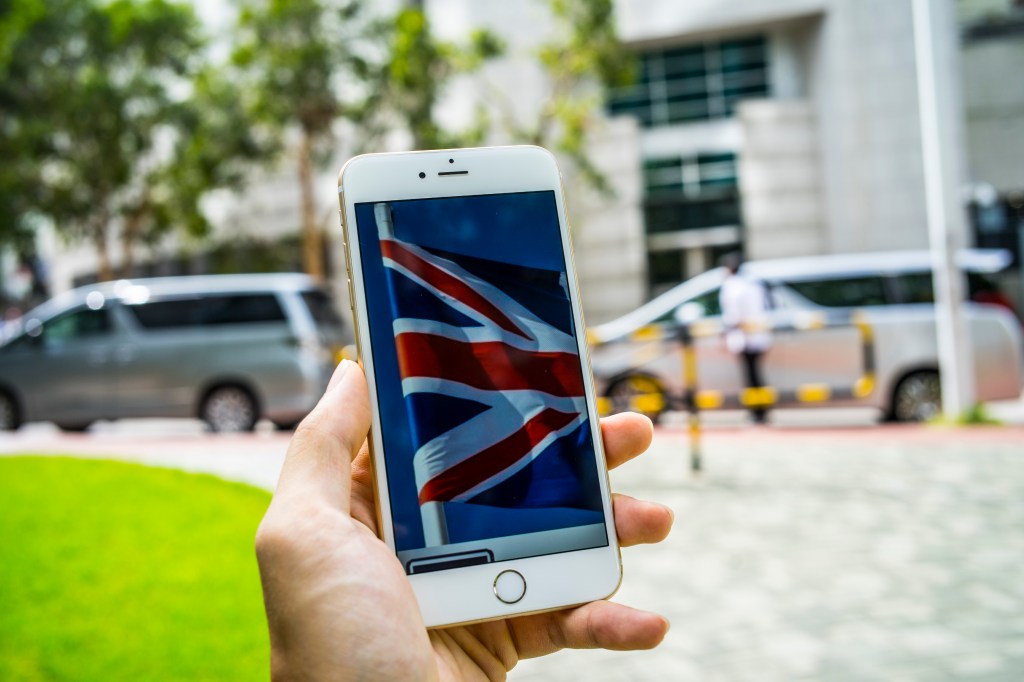On June 8, 2023, UK and US government officials announced that they had “committed in principle” to establishing a data bridge that would operate as a UK-specific extension to new data privacy framework agreement that is currently being negotiated between the US and the EU (the Privacy Shield 2.0). This agreement in
Register for free to keep reading
To continue reading this article and unlock full access to GRIP, register now. You’ll enjoy free access to all content until our subscription service launches in early 2026.
- Unlimited access to industry insights
- Stay on top of key rules and regulatory changes with our Rules Navigator
- Ad-free experience with no distractions
- Regular podcasts from trusted external experts
- Fresh compliance and regulatory content every day













